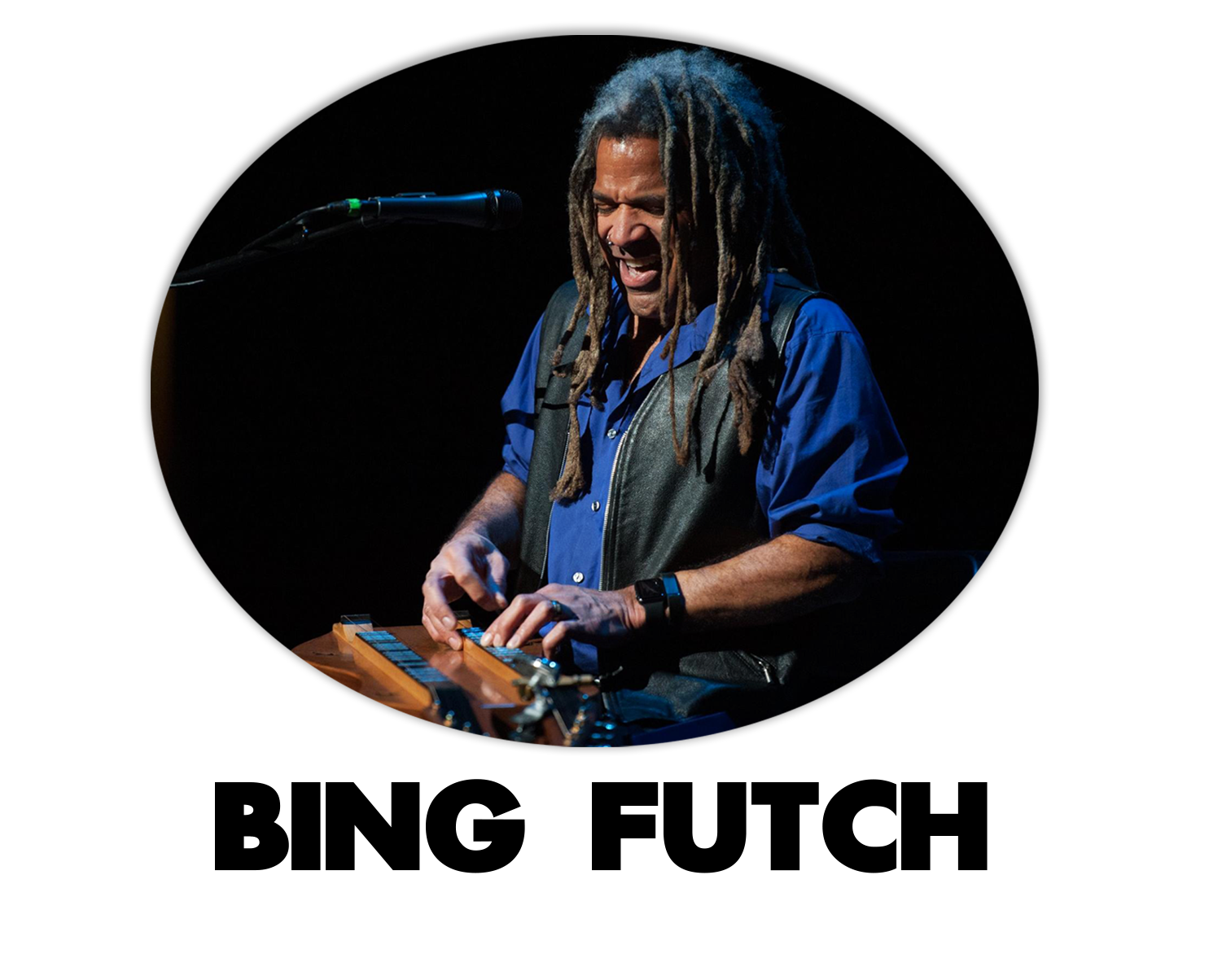American Folk Music and The African Influence Pt. 1
Hetzler's Fakebook - Stephen Foster Notes
Angeline the Baker (1850) and Hard Times Come Again No More (1854) were written by Stephen Foster for minstrel shows.
Hetzler's Fakebook - Minstrel Show Notes
Minstrel shows evolved from two types of entertainment popular in America before 1830. The impersonation of blacks by white actors between acts of plays and black street musicians who performed with banjo accompaniment...Minstrel shows exploited stereotypes, but helped blacks enter show business after the Civil War. Ironically, early black minstrel troupes corked their faces just like the white minstrel performers.
Unbelievable as it seems today, this was considered wholesome family entertainment in the 1800’s. White and black audiences viewed the blatant racism of the songs and skits as acceptable.
EverythingDulcimer Discussion :: View topic - African-American Dulcimer Players
Treading as delicately as I can here, it's well-documented, the minstrel show traditions of the United States beginning in the 17th century. To put it mildly, much of this burgeoning musical industry was patently racist and some of the music that emerged from that era remains in the lexicon of what we know as Americana or folk music. It's history; literally and figuratively. I'd be interested in hearing views and opinions here among willing forum participants regarding the music of Stephen Foster. I love his tunes, despite their roots in minstrel music. I've come to understand that Foster identified and sympathized with blacks just as I've observed that tunes like "Camptown Races" are comic parodies of the black dialect and experience.
If I did carry a chip on my shoulder about "white man's burden" or what-have-you, tunes of this sort would be seriously offensive to me. But, instead, I take it as part of history and attempt to learn more about the context involving this music and how it has effected the development of American music. Having said that, you probably won't find the more broadly comic Stephen Foster tunes in my repertoire, though I'll play them at a jam. (Come to think of it, I've never really heard many minstrel tunes being performed at jams.) I'd prefer performing "Hard Times", which really speaks more to the Everyman rather than lampooning a certain race or culture, if that makes sense. I don't condemn anyone who performs or enjoys minstrel songs, understand. I'd rather sing and perform authentic Negro spirituals such as "Swing Low Sweet Chariot", "He's Got The Whole World In His Hand", "There Is A Balm In Gilead", "His Eye Is On The Sparrow", etc.
This can be a touchy subject - the spectre of racism is never far from any discussion about the history of America. It was only forty years ago that segregation was still fiercely alive in this country and though current times reflect more of a xenophobia against people of middle eastern descent, just listening to some of the racial bickering surfacing in the ongoing presidential campaigns is enough to prove that the Race Card, especially where African descendants are concerned, is still alive and terribly well.
On this weekend of Martin Luther King Jr.'s birthday - as a descendant of slaves, as a descendant of Seminole Indians, as an American and as a performer of both original Americana and traditional folk music, I wanted to re-visit this subject. Moving forward is difficult without an eye towards our history.
Powered by ScribeFire.
